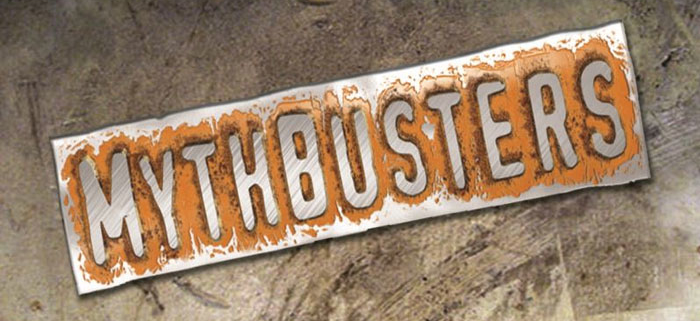Top five misconceptions about Deaf people
As with any minority in society, there are always misconceptions about that particular group held by the majority.
This is true in everything, from nationalities (Stereotypes about the Irish anyone?) to people who like certain types of music.
Disabled people in particular are one group that suffers from prejudices, with different types of disabilities coming with their own misconceptions, and deaf people are no exception.
There are some, quite frankly, bizarre myths out there, but we’ve picked the top five which seem to be the most commonplace.
All Deaf people know sign language
There are roughly 12 million people in the UK who are deaf or suffer from hearing loss, but that doesn’t mean 12 million people know sign language.
Out of that 12 million, how many do you think can speak BSL? Five million? One million?
Not even close.
Only 80,000 deaf and hard of hearing people know sign language, roughly 0.6%.
That’s a pretty astonishing figure; less than one percent of deaf people know sign language!
That’s certainly one myth that’s busted.
Hearing aids fix hearing loss
There are some people who think that, in the same way glasses can fix your eyesight, hearing aids magically fix your hearing.
Unfortunately it doesn’t work like that.
Hearing aids certainly do help people, but the degree in which they help depends on several factors, including what type of hearing loss a person has.
Hearing aids can help people understand speech, listen to music, or hear the sounds of nature, but the results will all differ from person to person, and never give 100% normal hearing.
Deaf people can’t drive
Another strange one that persists for some reason.
Not having 100% hearing does of course have its disadvantages when driving, but it doesn’t make it impossible.
Hearing isn’t necessary for driving, and anyone hard of hearing can obtain a licence if they pass their test. Being able to see is far more important than being able to hear when it comes to navigating the roads.
Statistically speaking, deaf people have fewer accidents than hearing people. That is because they may have a limited sense of hearing, but they are far more visually aware and cautious of their surroundings at all times.
Hearing loss only affects old people
While hearing loss is a common age-related health problem, like needing reading glasses, the true reality is hearing loss can begin at any age and for all kinds of reasons.
We can be affected from the womb if our auditory functions don’t develop properly. Childhood illnesses like meningitis can cause hearing problems, and adults are just as susceptible to infections and disease.
It’s true that the sensitive hairs in our inner ear become less sensitive as we get older, resulting in hearing loss, but it’s certainly not an “old people problem”.
All deaf people are the same
Unfortunately, hearing loss isn’t a one-size-fits-all kinda deal.
Different people not only have different levels of hearing loss, but also different reasons for hearing loss.
Hearing loss happens to be one of the most complex health conditions there is.
Some people are born deaf, some gradually lose theirs over time. Others lose their hearing as a result of an accident or medical condition, while there are even some who simply wake up one day and find they’re deaf! (Seriously – that is surprisingly and frighteningly common)
All deaf people have their own story, and their own examples of how society has let them down, partly due to ridiculous misconceptions like the ones above.
Please be aware of your thoughts and actions when dealing with anyone with a hearing loss.




Leave a Reply
Want to join the discussion?Feel free to contribute!